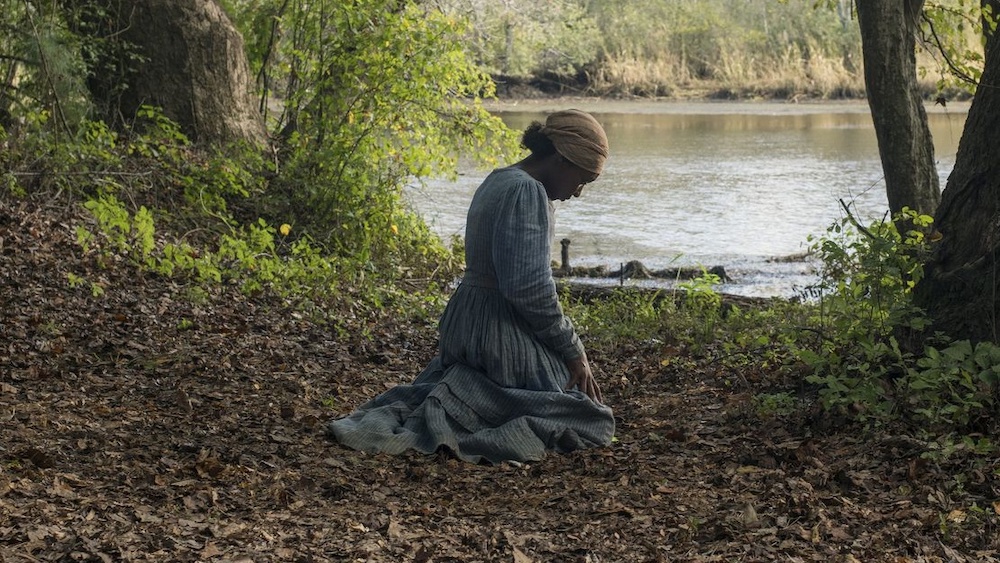If you’re interested in sharing your opinion on any cultural, political or personal topic, create an account here and check out our how-to post to learn more.
____
With Hollywood jumping at the opportunity to make biopics about prominent male figures, the remarkable life story of the iconic freedom fighter Harriet Tubman was long overdue to reach the big screen.
Tubman was born Araminta "Minty" Ross into slavery in Maryland in 1822. As a young adult, she escaped slavery and made the insufferable 100 mile journey to freedom alone, through forests and fields until she reached Pennsylvania. Haunted by thoughts of her family and others still being enslaved, she risked her life multiple times to return to Maryland and led dozens of slaves to freedom as a conductor for the Underground Railroad.
It is clear that Harriet director Kasi Lemmons made a conscious decision to focus less on the brutality of slavery, and more on the human stories behind the history pages. While the angst of family separation and the difficult choices people had to make illuminate Tubman’s humanity, the harsh realities of slavery seem to be diluted into something more digestible for a broader audience. As the first film we have seen that centers on an enslaved woman’s escape and journey to freedom, I cannot help but feel that failing to depict the conditions of slavery as harshly as they were causes Harriet to slightly miss the mark.
What brings this film to life is a stellar performance by Cynthia Erivo, a British actress with Nigerian parents who won a Tony award in 2016 for her lead role in the Broadway revival of the musical The Color Purple. Erivo stunningly captures the powerful spirit of Harriet Tubman in an authentic portrayal of courage and compassion.
Faith plays an integral role in this film. Historians have told us that Tubman was a woman of God who spoke about her faith and how it guided her and was the source of her strength. At the age of 13 Tubman suffered a traumatic head wound at the hands of an irate slaveowner which led to her suffering seizures for the rest of her life. She is said to have believed those seizures were prophetic, and Lemmons portrays this on screen as Tubman experiences premonitions that warn against imminent dangers or confirm for her the surety of her path.
Harriet boasts a brilliant cast whose performances give an added dimension to their characters. Grammy nominated Janelle Monáe plays Marie Buchanon, a Black boarding house owner who was born free. Leslie Odom, Jr. best known for his role as Aaron Burr in the musical Hamilton, plays the real-life abolitionist William Still, a man who was essential to the running of the Underground Railroad.
This film is a powerful portrayal of faith, family, freedom, justice and self-determination. It is an ode to a fearless, five-foot-tall woman, illiterate in reading and writing, who was able to accomplish so much. We hope to soon see the redesigned $20 bill featuring the face of Harriet Tubman in place of President Andrew Jackson to further honor her legacy.
